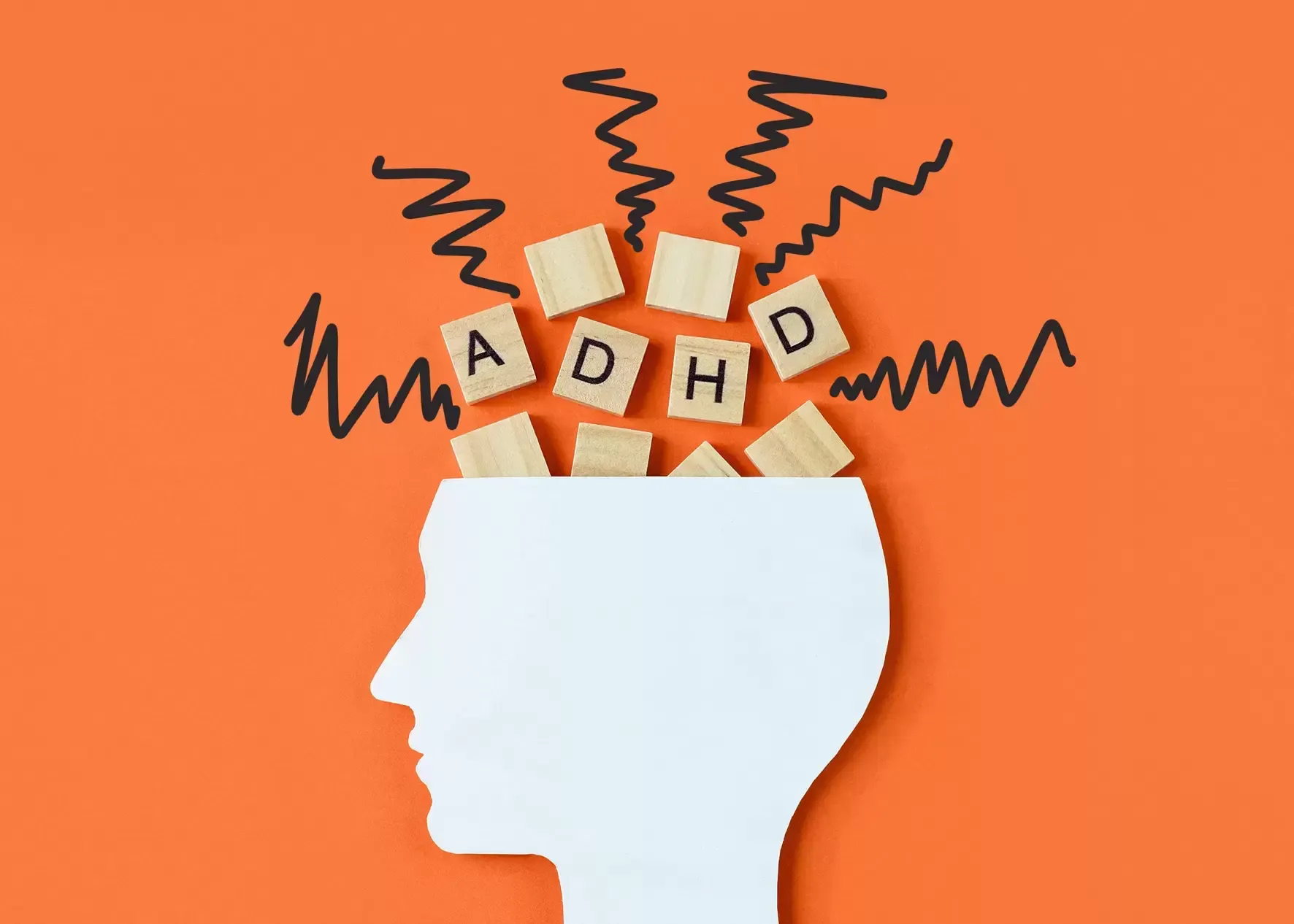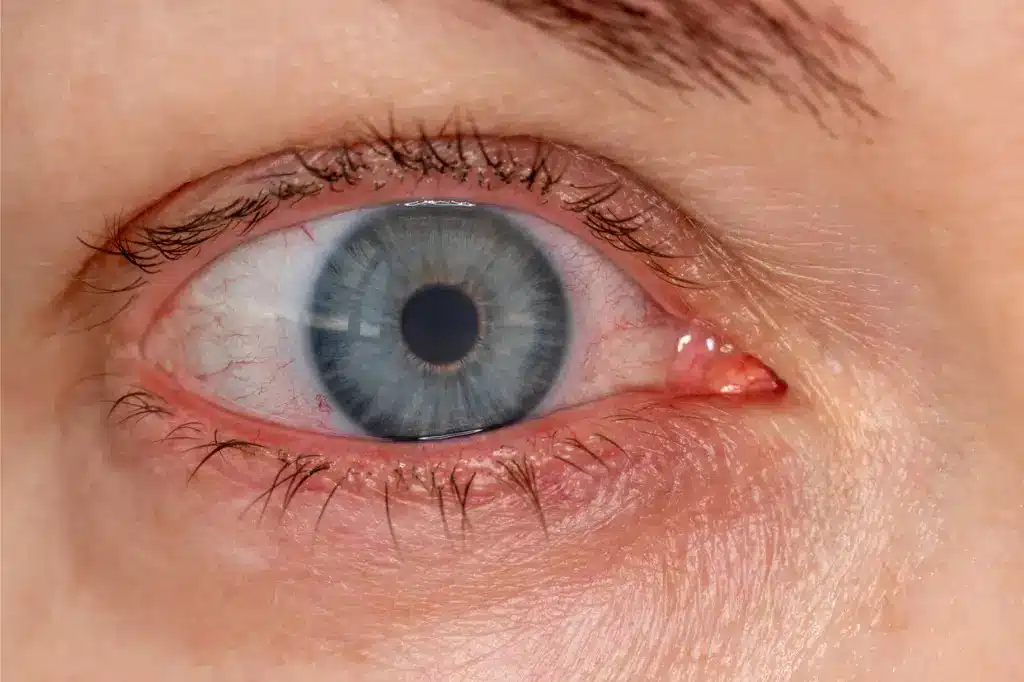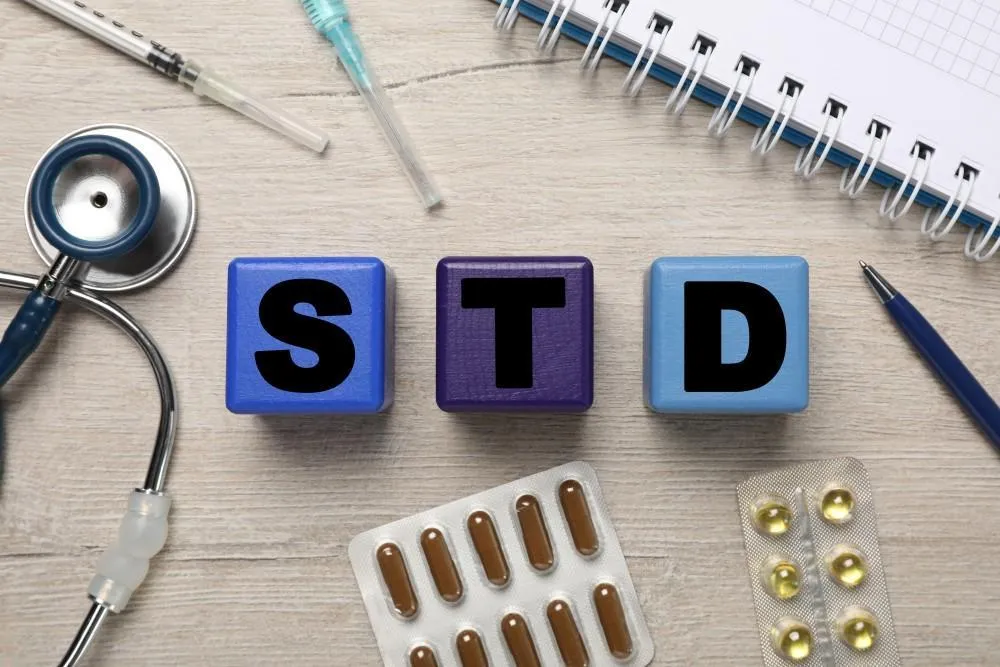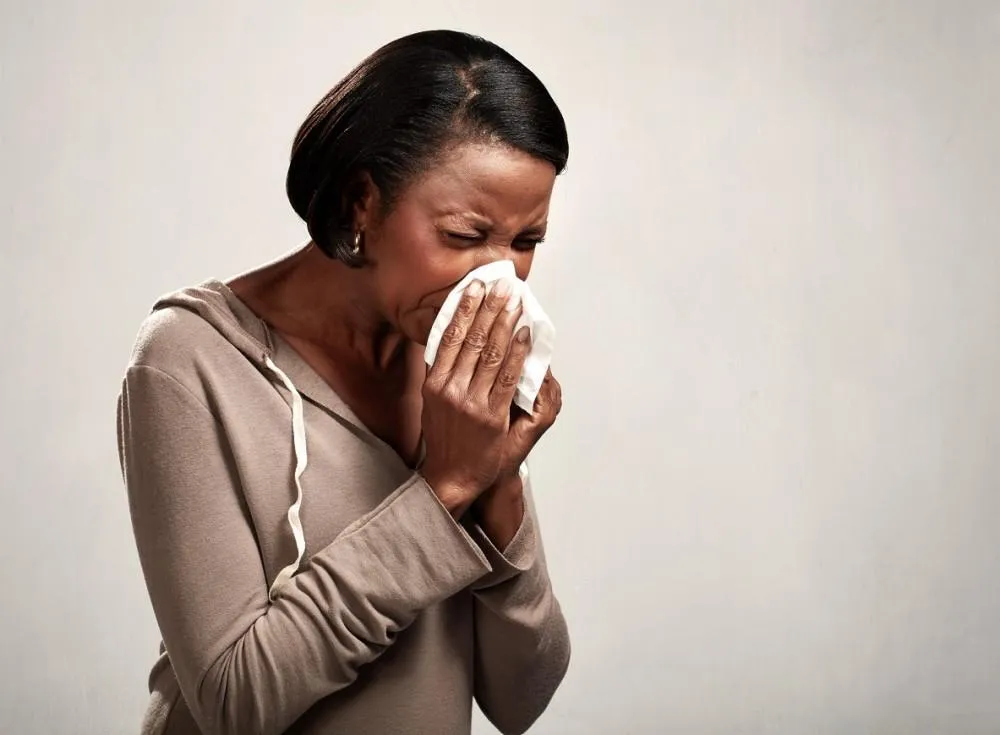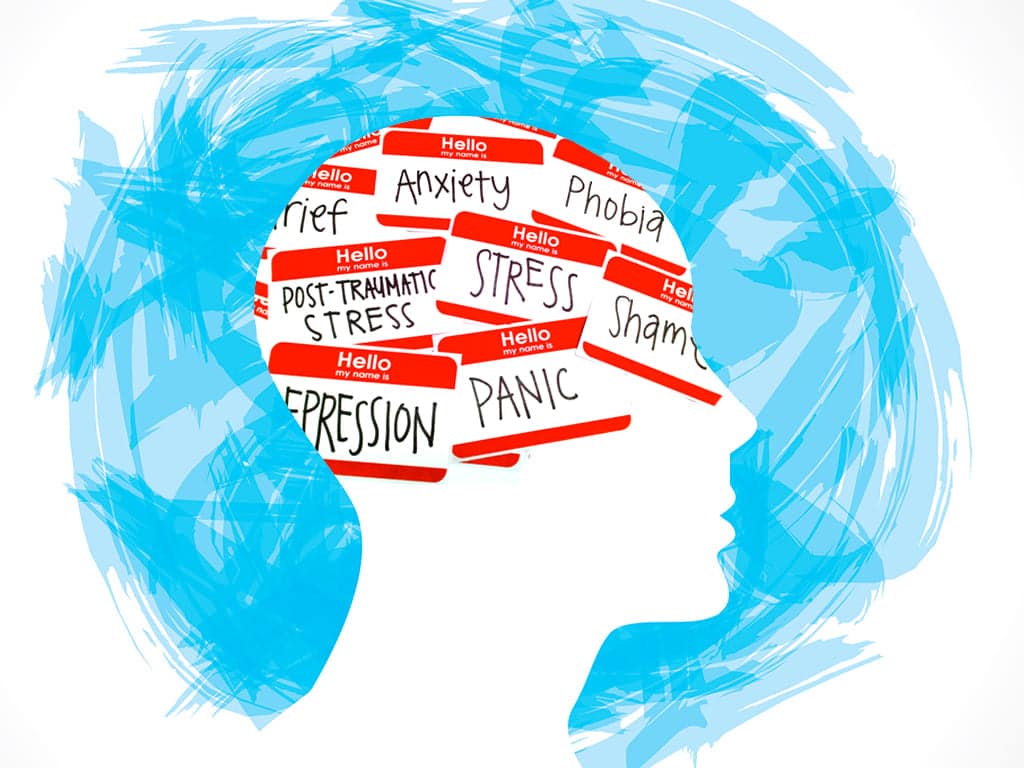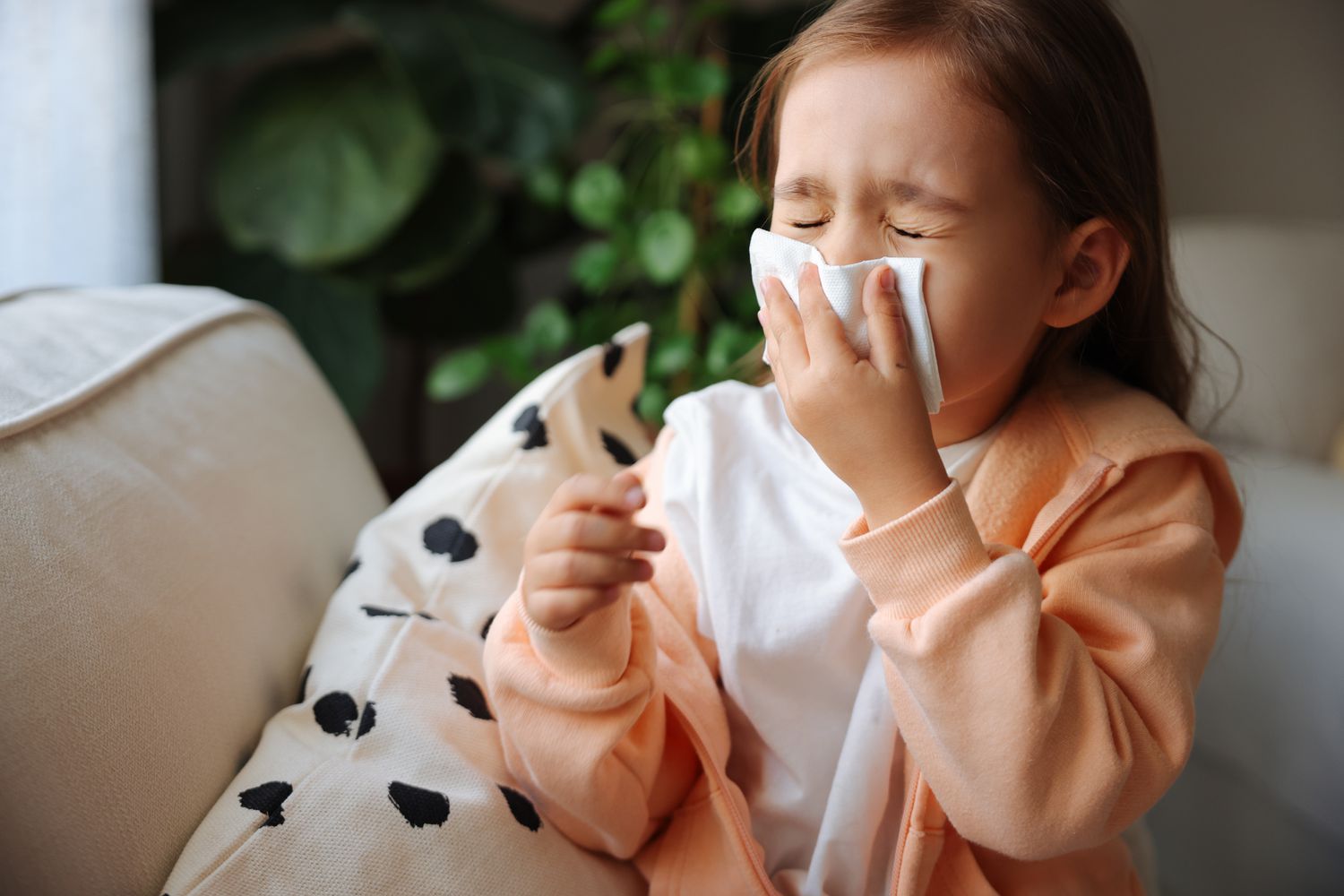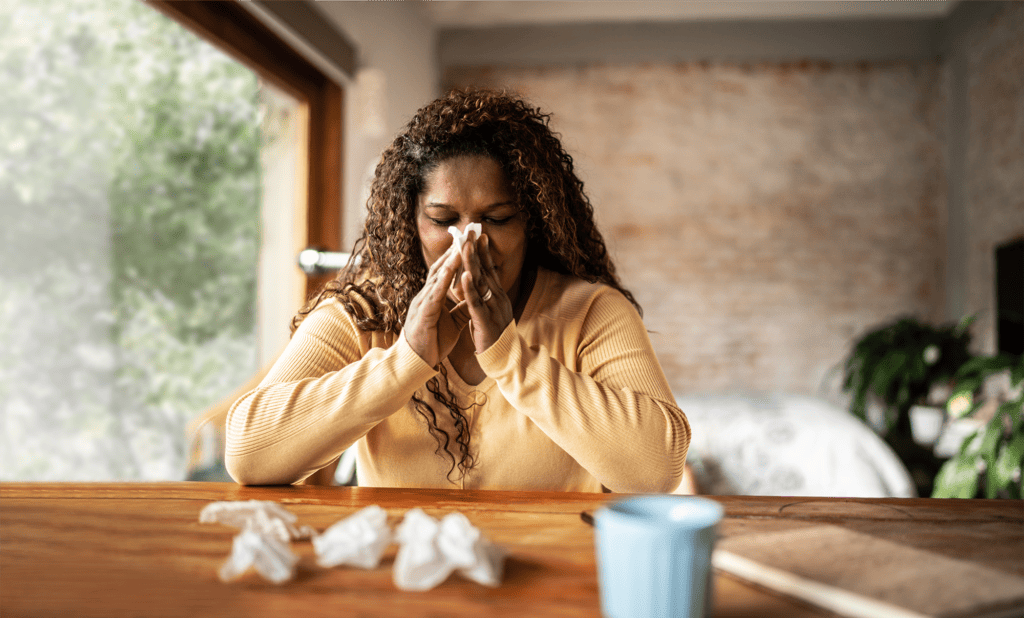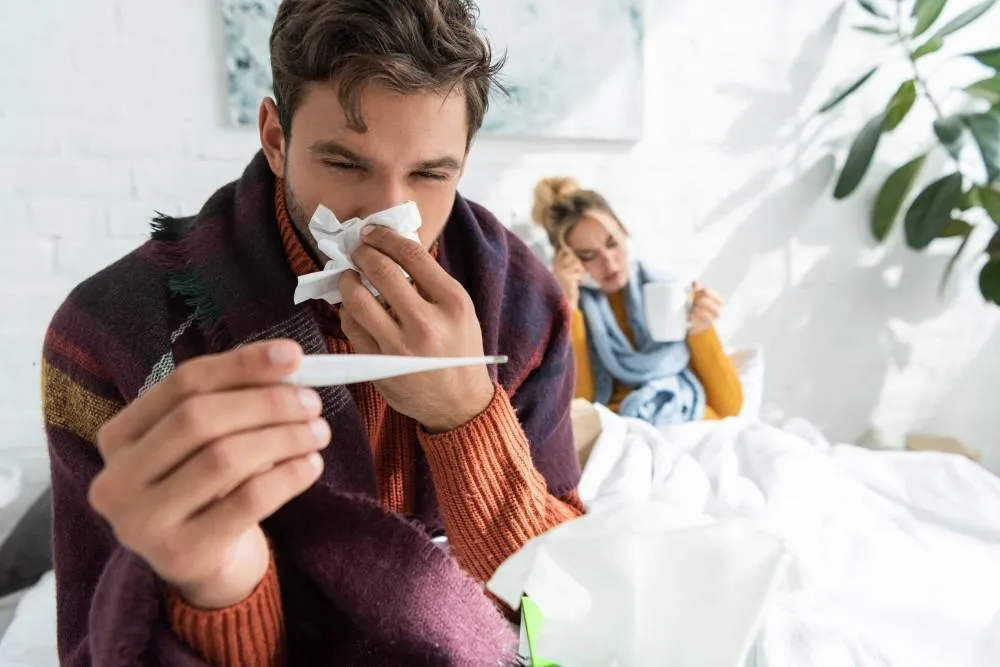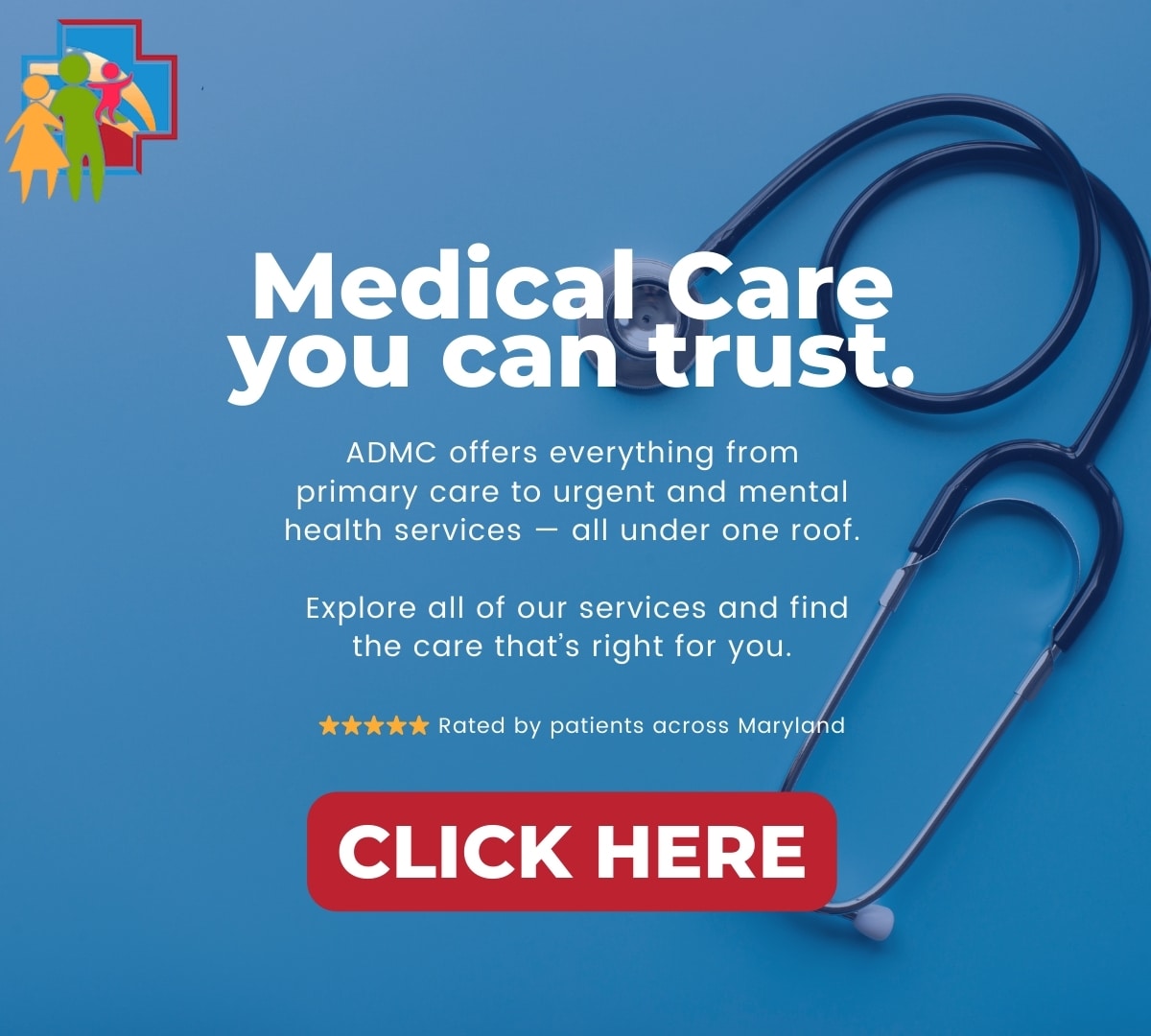Why Relationships Are Key to Well-Being

Unlock the true potential of your well-being by embracing the power of healthy relationships! Imagine a life filled with joy, support, and purpose, where stress melts away and happiness flourishes. Strong, meaningful connections with loved ones and friends aren’t just about companionship—they are the cornerstone of a fulfilling life.
Studies show that people with robust social networks experience lower levels of anxiety and depression, enjoy better physical health, and even live longer. Positive relationships provide the emotional sustenance we need to navigate life’s ups and downs, offering a sense of security and belonging. By nurturing these bonds, you cultivate an environment where positivity thrives, encouraging healthier lifestyle choices and boosting overall resilience. Don’t underestimate the transformative power of strong relationships—start investing in them today and watch your well-being soar to new heights! Couples therapy in Maryland offers specialized support to help partners navigate relationship challenges and strengthen their emotional connection.
Ways to Build a Healthy Relationship With Yourself
It’s amazing how 24/7 a person lives, eats, breathes, but has little or no contact with themselves. It’s like carrying a backpack behind your back and not knowing what’s in it all your life. Without an inner connection, making sense of what we do and moving forward is hard. Integrating self-care for stress management into your daily routine can significantly improve your mental and physical well-being.
What can be considered healthy relationships with yourself? It is the ability to notice one’s true needs and states without ignoring fatigue or somatic problems caused by unloved tasks or unpleasant people. A healthy relationship with yourself is accepting yourself both inside and out, it is loving your body, your appearance, accepting your character and manner. Because if I don’t accept some of my character traits or I don’t like the way I look, then, accordingly, there will be no healthy relationship. To love yourself is to want to notice your feelings, emotions and states.
If you’re stuck on a physical or emotional level, try to figure out what’s bothering you. Maybe you’re worried about problems at work. Or maybe your back hurts because you haven’t been to the gym in a while and it’s time to do some stretching. Discovering effective stress-free holiday tips can transform your seasonal celebrations into peaceful and joyful experiences.
Try to keep a journal every day or just list a few things you are grateful for. However, it doesn’t have to be things related to other people or fortunate circumstances. Just mention things that have to do with you – your personal development, beliefs, or the effort you put into doing something. And be sure to take care of yourself every day
Ways to Build Healthy Relationships With Others
What is “healthy relationships”? Regardless of the context (whether we are talking about a love relationship or a relationship with friends), a connection cannot be considered healthy if at least one of the participants catches discomfort, resistance or indifference.
Positive relationships with others are built on several key pillars that foster mutual respect, trust, and support. Communication plays a fundamental role, where both parties listen actively and express themselves honestly without fear of judgment. Transparency and openness create an environment where issues can be addressed constructively, leading to resolution and growth.
Another crucial aspect is empathy, as understanding each other’s perspectives fosters compassion and strengthens the bond. Respect for boundaries ensures that individual needs are acknowledged and honored, promoting a sense of security and autonomy within the relationship.
How do relationships with others help to strengthen your well-being? Furthermore, healthy relationships thrive on shared values and goals, where mutual encouragement and celebration of achievements create a positive atmosphere. Conflict is viewed as an opportunity for understanding and compromise rather than division. Ultimately, healthy relationships require effort and commitment from all involved, but the rewards—such as emotional support, joy, and a sense of belonging—are invaluable, contributing to overall well-being and happiness.
The Importance of Social Connections
How positive relationships influence your well-being? One of the main reasons why social interactions are so important to us is that our brains are tuned to perceive and analyze social information. Research shows that when we interact socially, the same areas of the brain are activated when processing physical information such as light and sound. This means that social interactions are just as important to our brains as other forms of perception.
In addition, our brains are susceptible to social influences. For example, many of us tend to imitate the behavior of others, especially those we consider authoritative. This can manifest itself in many aspects of our lives, from the way we dress and speak, to how we choose our professions and friends.
However, when we experience social isolation, it can cause feelings of loneliness and fear, which can lead to various psychological and physical problems. Therefore, it is important to realize that social interactions and healthy relationships are essential to our health and well-being.
One of the most famous studies in this area was conducted in 1992 by John Kugler-Ross, when he found that people who experience loneliness are more prone to developing heart disease and depression. This indicates that social isolation can harm our health.
Other studies confirm that social support and companionship can have a positive impact on our health. For example, one study found that women who lived in more social environments had healthier blood pressure readings and were less likely to develop heart disease.
Tips on Managing Stress and Anxiety in Relationships
Stress is a natural part of life, but when it comes to relationships, it can cause a lot of tension and strain. Whether it’s work-related stress, financial stress, or just the day-to-day stress of balancing multiple responsibilities, it’s important to know how to manage stress in relationships. Some tips will help you in building positive relationships:
Communicate: good communication is key to managing relationship stress. When you’re feeling overwhelmed, it’s important to talk to your partner about what’s bothering you and how they can help.
Practice self-care: self-care is essential to managing relationship stress. Make time for activities that bring you joy, such as reading, playing sports, or just hanging out with friends.
Prioritize quality time. Quality time management is the key to a happy relationship. Manage relationship stress by doing things together, whether it’s having tea together or watching a movie. Check, how couples therapy can help.
Find common ground: when stress is high, it can be hard to find common ground with your partner. Try to find activities or hobbies that you both enjoy.
Practice forgiveness: holding back anger and resentment can only add stress to a relationship. Try to forgive your partner and walk away from any conflicts. It’s the key to healthy relationships.
Take a break: sometimes taking a break from each other can help manage relationship stress. Time to yourself can help you recharge and return to the relationship with a fresh perspective.
Seek support: many couples wonder, “Does marriage counseling save marriages?” as they seek solutions to improve their relationship. If the stress in your relationship is becoming unmanageable, don’t hesitate to seek support from a therapist or counselor. They can help you address any concerns and help you find healthy ways to cope with stress.
By taking these steps, you can build a stronger and more stable relationship that can endure even the most stressful times.
Loneliness and Diminished Well-Being
How do relationships influence your well-being? Loneliness can have a profound impact on an individual’s well-being, often leading to negative psychological and physical health outcomes. It is not just the absence of social connections but the perceived lack of meaningful relationships that contributes to loneliness. Research shows that prolonged loneliness can increase the risk of depression, anxiety, and even chronic health conditions like cardiovascular diseases.
The psychological effects of loneliness are far-reaching. It can diminish self-esteem, increase stress levels, and impair cognitive function. Social isolation can also lead to a lack of motivation and a decrease in life satisfaction. On the other hand, creating and maintaining social connections can guard against the negative effects of loneliness and improve well-being.
Addressing loneliness involves both individual efforts and societal changes. Individuals can engage in community activities, join support groups (here are 6 benefits of group therapy), or pursue hobbies that involve social interaction. Societal initiatives may include campaigns to reduce stigma around loneliness and promoting policies that foster social inclusivity. Bridging the gap between being alone and feeling lonely is crucial for mental and physical health.
Build meaningful and healthy relationships today for better well-being. Strong relationships foster happiness, reduce stress, and improve overall health. Take time to nurture bonds with friends, family, and community—it’s essential for your well-being and theirs.
References used for this article:
- The health benefits of strong relationships
- The Health Benefits of Good Relationships
- Friendships: Enrich your life and improve your health
- Social Relationships and Health: A Flashpoint for Health Policy
- How to Know If You Are in a Healthy Relationship
- Social determinants of health
- Why Personal Relationships Are Important












